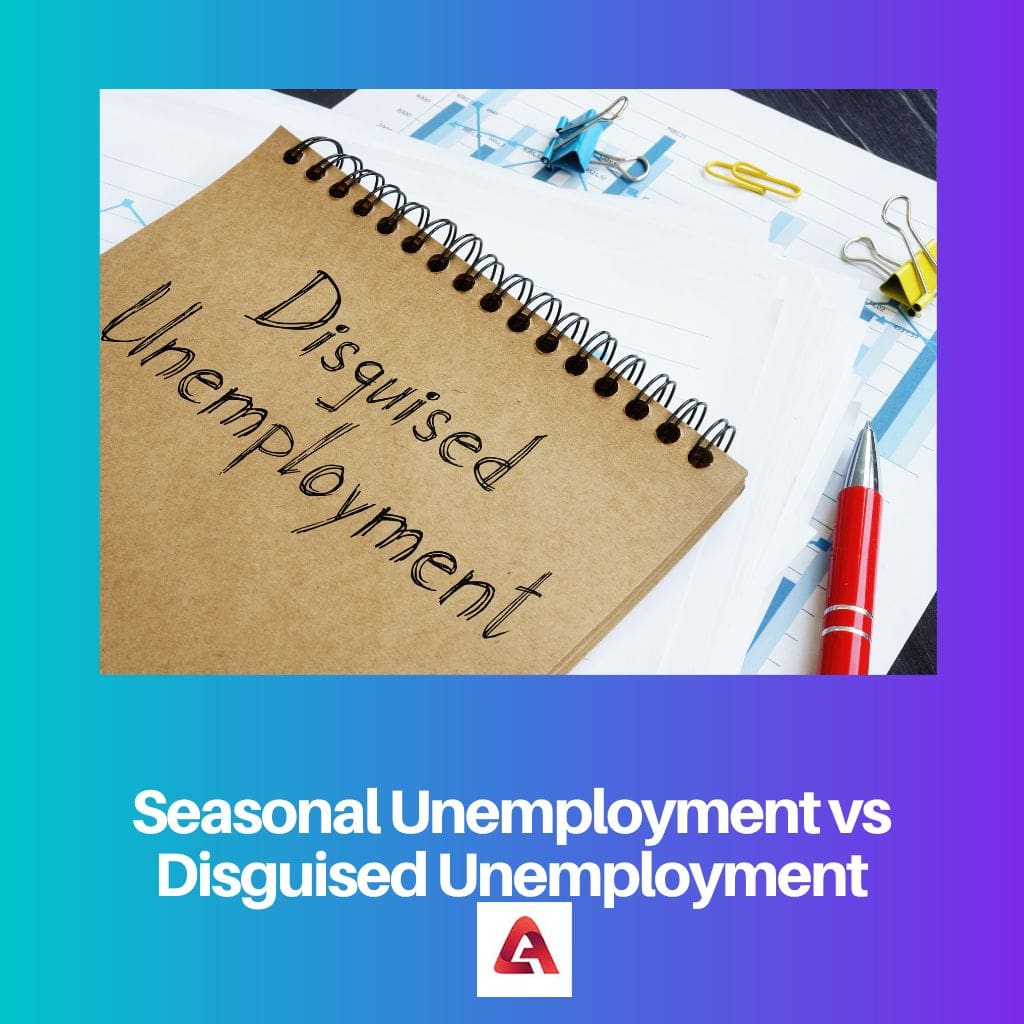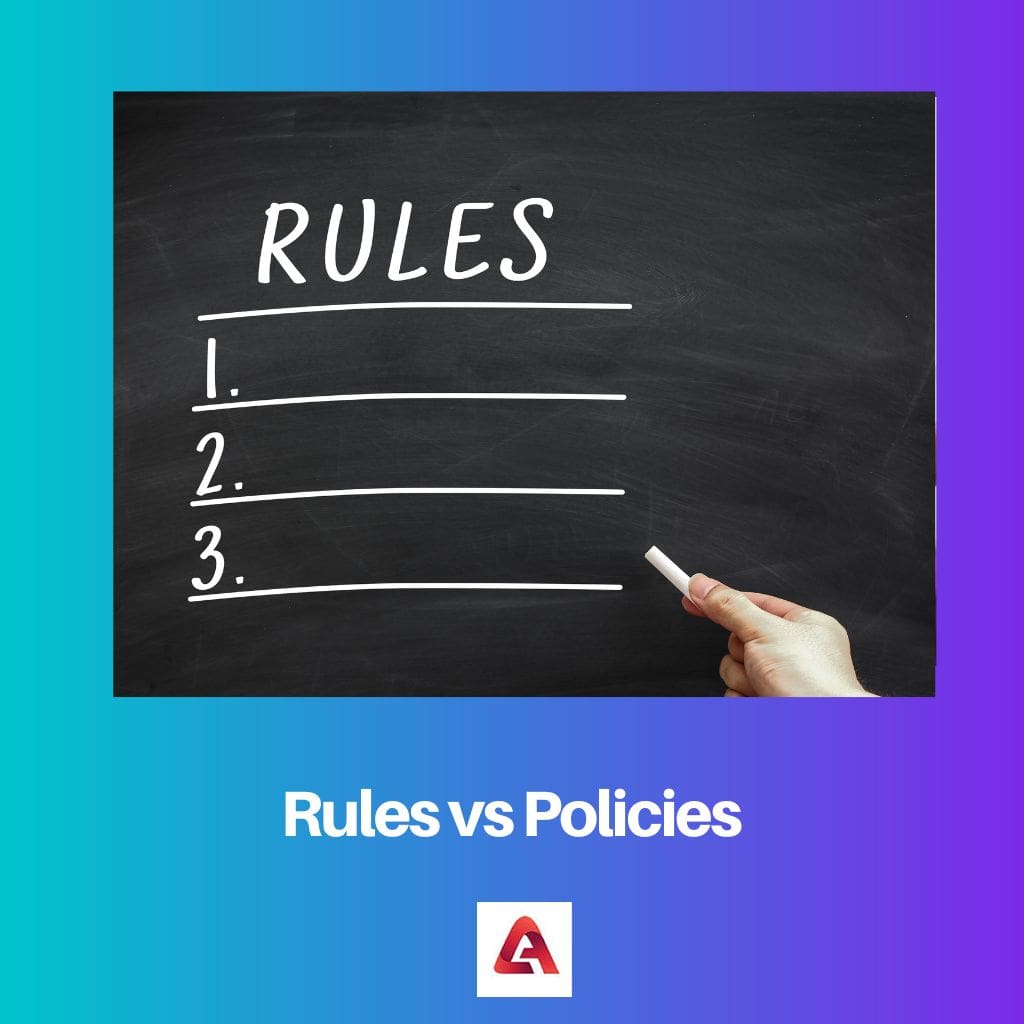A person gets a job in order to provide a decent standard of living for himself and his family. However, sometimes there are situations in which he loses his earnings. Changes in a company, a decline in the economy, or a decrease in demand for a certain category of specialists can cause this. Depending on this, there are different types of unemployment. We will find out what seasonal and disguised unemployment are and how they differ from each other.
Key Takeaways
- Seasonal unemployment occurs when workers experience job loss due to seasonal fluctuations in demand. At the same time, disguised unemployment refers to situations where individuals appear to be employed, but their productivity is negligible.
- Seasonal unemployment is common in agriculture, tourism, and construction industries, while disguised unemployment is more prevalent in overpopulated regions with limited job opportunities.
- Addressing seasonal unemployment may involve creating alternative job opportunities during off-seasons while tackling disguised unemployment requires structural changes to the economy and job market.

Seasonal Unemployment vs Disguised Unemployment
Seasonal unemployment is the temporary loss of jobs during certain times of the year due to low demand for certain products or services. Disguised unemployment is when workers appear to be employed, but their contribution to the economy is minimal or negligible, it is caused by a surplus of labour and the underutilization of workers’ skills and abilities.
Comparison Table
| Parameters of Comparison | Seasonal Unemployment | Disguised Unemployment |
|---|---|---|
| Definition | Refers to a lack of suitable labor for people at certain times of the year | Happens when more individuals are employed than are required |
| Type | It is a sort of unemployment in which individuals fail to find work within a specific time period of the year. | It is a sort of unemployment in which more than the required number of people are employed. Marginal productivity becomes zero in these jobs. |
| Affects | Both rural and urban areas are affected by seasonal unemployment. | Rural communities are disproportionately affected by disguised unemployment. |
| Where to find | Agro-based industries are more likely to experience this form of unemployment. | This sort of unemployment is most commonly observed in agriculture. |
| Example | For example, a worker can work just during the harvest season and not thereafter. | For example, a job that requires three workers but only hires four. One example of disguised unemployment is one surplus person. |
What is Seasonal Unemployment?
Seasonal unemployment is a phenomenon characteristic of those sectors of the economy whose activities are directly dependent on the season. Its causes lie in the lack of demand for specialists of certain categories in a certain period of time. In simple words, it is the lack of work in summer or winter, for example, for those who work in agriculture, construction, or tourism.
Since the essence of this phenomenon depends on the season, let us consider typical examples of areas in which it is characteristic.
- In agriculture, seasonal unemployment is characteristic of the cold season. Weather conditions allow for sowing work after the air temperature has risen. After the harvest, workers are disbanded in the fall, as their labour is no longer needed.
- This type of unemployment is characteristic of the tourist business. Examples are ski resorts operating in the winter season.
- Construction companies erect buildings and structures from spring to fall as the demand for their services decreases in winter.
Workers whose activities depend on the time of year are left without money during the off-season. They have to find additional ways to earn money in order to provide for themselves and their families financially. Let’s briefly consider examples of what you can do in such a situation.
- Applying to the employment centre in your place of residence will give you access to vacancies. If a suitable job is not found, the person will be able to receive an allowance from the state.
- Moving to another region with a more suitable climate for activities can solve the problem of lack of work.
- Training for another profession will open up new opportunities for the job seeker.
What is Disguised Unemployment?
Disguised unemployment is a type of unemployment in which the labour force is not actually used in the labour market, but formally labour relations with employers are registered.
Disguised unemployment examples are:
- Employees who have no labour relations with their employers but are not registered as unemployed at the Labour Exchange;
- Workers who are registered at the enterprise but formally do not work;
- Part-time workers;
- Workers employed at enterprises and firms, in particular, hard-to-reach regions, for whom migration to other regions is financially unaffordable, and who therefore accept part-time work;
- Employees to whom salaries are paid with significant delays, etc.
As a rule, disguised unemployment spreads in the economy during economic recessions and financial crises. It is quite difficult to measure its level in the labour market because often, with hidden unemployment, the population goes to earn money so the consequences of disguised unemployment for the economy of the country are quite significant. In the presence of disguised unemployment, there is a significant drop in the level of production, the standard of living of the population, and the number of highly qualified specialists in the labour exchange.
Also, disguised unemployment can arise when a company optimizes the cost of personnel in the conditions of temporary financial difficulties in order to retain a qualified workforce for the future.
Main Differences Between Seasonal Unemployment and Disguised Unemployment
Seasonal Unemployment
- Seasonal unemployment is a growing issue that needs to be addressed in our society.
- Seasonality refers to changes in production and sales depending on the time of year.
- Seasonal unemployment can be the demand for a certain kind of work; workers in it will change with the changing seasons.
- Seasonal unemployment refers not only to the underutilization of labour but also to the resources used in production.
- The definition of seasonal unemployment increases in those industries involved in seasonal production activities.
Disguised Unemployment
- Disguised unemployment is unemployment that has no effect on aggregate economic production.
- It happens when productivity is low, and too many people are trying to fill too few positions.
- It can apply to any segment of the population that is underutilized.
- Individuals who do not work to their full potential, as well as those who execute work duties that do not deliver a high level of production value.
- Disguised unemployment is widespread in third-world countries that are still developing and have large populations.





